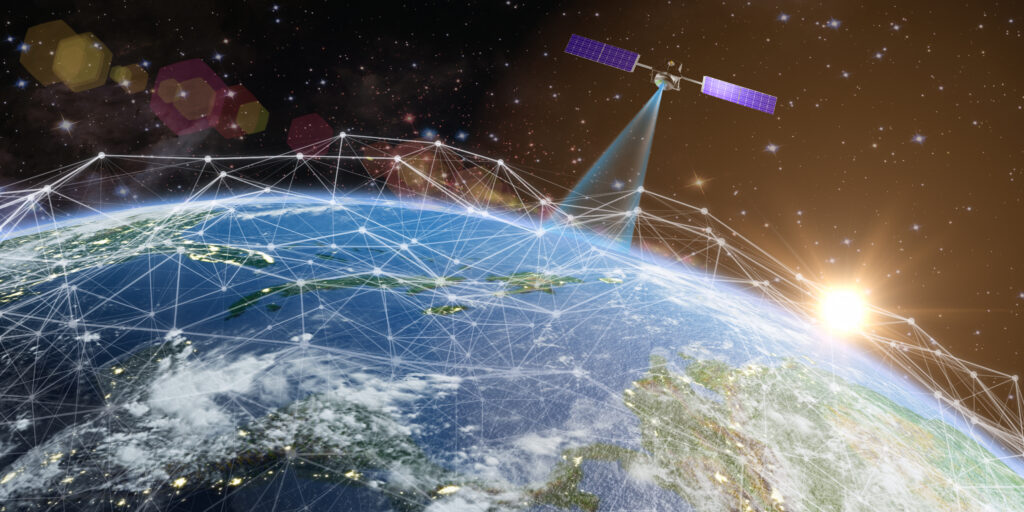Embracing Technology for Seamless Operations in the Digital Age
In today’s fast-paced world, where businesses are constantly adapting to technological advancements, the integration of remote management systems has emerged as a game-changer. Remote management systems, also known as RMS, offer businesses the ability to oversee operations, supervise teams, and monitor processes from any location with internet connectivity. This innovative approach to management not only enhances efficiency but also facilitates flexibility in an increasingly remote work environment.

Remote management systems encompass a wide range of functionalities tailored to meet the diverse needs of modern businesses. From project management tools that enable real-time collaboration to employee monitoring software that tracks productivity levels, RMS platforms provide comprehensive solutions for effective management.
One of the key advantages of remote management systems is their ability to transcend geographical barriers. With teams often dispersed across different locations, having a centralized platform for communication and coordination is essential for seamless operations. RMS platforms facilitate instant communication through features such as video conferencing, messaging, and task assignment, fostering collaboration regardless of physical distance.
Furthermore, remote management systems empower businesses to maintain productivity levels while accommodating flexible work arrangements. Whether employees are working from home, on the go, or in different time zones, RMS platforms ensure that tasks are delegated, progress is tracked, and deadlines are met efficiently. This flexibility not only enhances employee satisfaction but also enables companies to tap into a global talent pool without constraints imposed by traditional office setups.
Security is another critical aspect addressed by remote management systems. With data breaches and cybersecurity threats on the rise, businesses must prioritize the protection of sensitive information. RMS platforms incorporate robust security measures, including encryption protocols, access controls, and regular audits, to safeguard data integrity and confidentiality.
As businesses continue to embrace digital transformation, the demand for remote management systems is expected to rise significantly. According to industry experts, the global RMS market is projected to experience substantial growth in the coming years, driven by the increasing adoption of remote work practices and the need for efficient management solutions.
In conclusion, remote management systems represent a paradigm shift in the way businesses operate and manage their resources. By harnessing the power of technology, organizations can streamline processes, enhance collaboration, and adapt to evolving work dynamics. As the digital landscape continues to evolve, embracing remote management systems will be crucial for staying competitive in the modern business landscape.